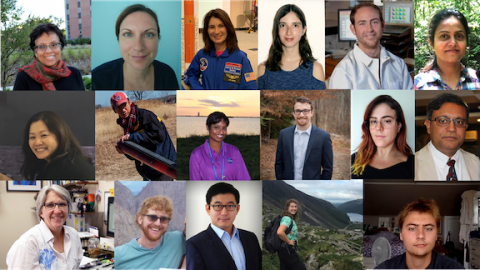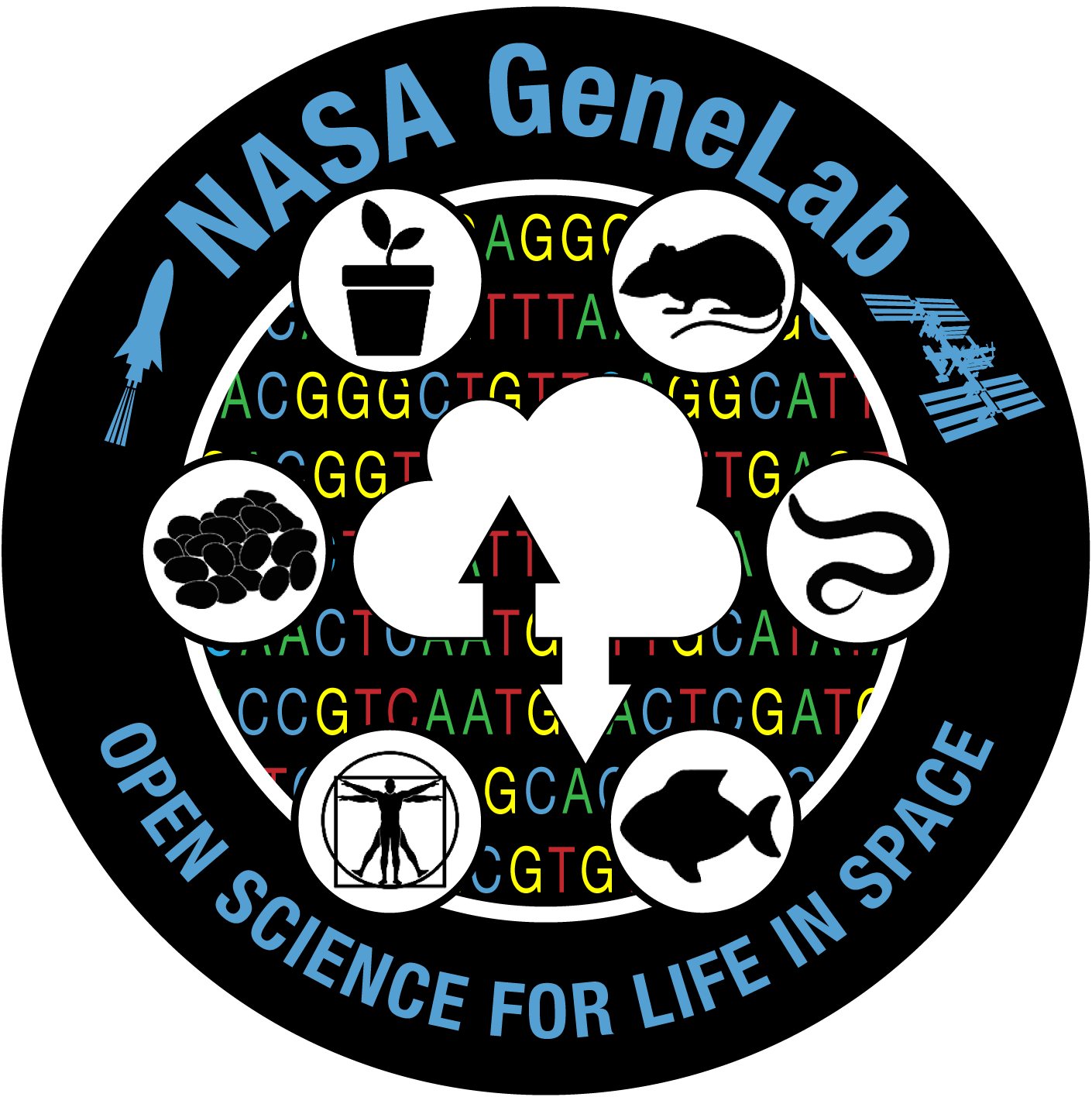
NASA’s GeneLab Plants Analysis Working Group (AWG) hosted its first ever international virtual “Hack-a-thon” on August 5, 2020. Attended by 17 bioinformaticians from the US, UK, and Spain. Hack-a-thon participants set out to use NASA’s GeneLab database to dissect and quantify the specific gene expression responses of plants to spaceflight conditions. Thanks to the extensively curated data and metadata available in the NASA GeneLab repository, the spaceflight community now has an unprecedented capability to perform integrative analyses using the varied data produced by spaceflight experiments. The Hack-a-thon was organized and hosted by Dr. Colin Kruse, along with co-hosts Dr. Richard Barker and Dr. Pankaj Jaiswal.
The group assembled three teams to address specific goals for their analyses using multiple GeneLab datasets with Arabidopsis thaliana transcriptomic data. A. thaliana is the plant species that has been used most widely in spaceflight experiments.
The goal of Team 1 was to develop and execute a comprehensive approach to analyze and integrate the varied responses of mutant plants that have been flown in spaceflight missions. This analysis is central to the upcoming initial Plant AWG publication that describes the GeneLab repository and resources for plant space biology. The mutant analysis will determine whether any targeted mutations in space-flown plants negate any of the deleterious impacts of the spaceflight environment as evidenced by gene expression changes. Such mutations may serve as a basis for future genetic engineering approaches to optimize plants for long-term spaceflight missions and bioregenerative life support.
The goal of Team 2 was to design two pipelines to identify whether gene regulatory activity mediated by specific miRNAs and transcription factors had a role in the genetic response to microgravity and radiation. Understanding the role of regulatory factors in spaceflight response will provide the community with new targets for engineering space-optimized plants and forms the basis for the application of these pipelines to future space-flown plant species.
Team 3, initiated by Dr. Parul Gupta, set out to determine whether the spaceflight environment results in altered splicing of genes and/or the transcription of entirely novel regions of DNA. The preliminary results of the novel splicing/transcription analysis begins to answer an outstanding question in the field of space plant biology and has resulted in an budding collaboration to examine and interpret the impacts of microgravity on transcript splicing in A. thaliana with the intent to confirm the existence of these impacts in other species.
Participants of the first AWG Hack-a-thon included Alicia Villacampa (Margarita Salas Center for Biological Research, Spain), Christina Johnson (NASA Kennedy Space Center), Colin Kruse (LANL), Erik Hanschen (LANL), Imara Perera (North Carolina State University), Joey Emhof (Penn State University), Lori Waters (University of North Dakota), Marie Dinh (NASA Ames), Marina Kaufmanner (University of West England-Bristol, UK), Pankaj Jaiswal (Oregon State), Parul Gupta (Oregon State University), Pia Sen (Rutgers University), Rachel Baschieri (Oregon State University), Richard Barker (University of Wisconsin Madison), Boce Zhang (Umass Lowell), Hyun-seok Chang (University of Wisconsin Madison), and Sarah Wyatt (Ohio University).

